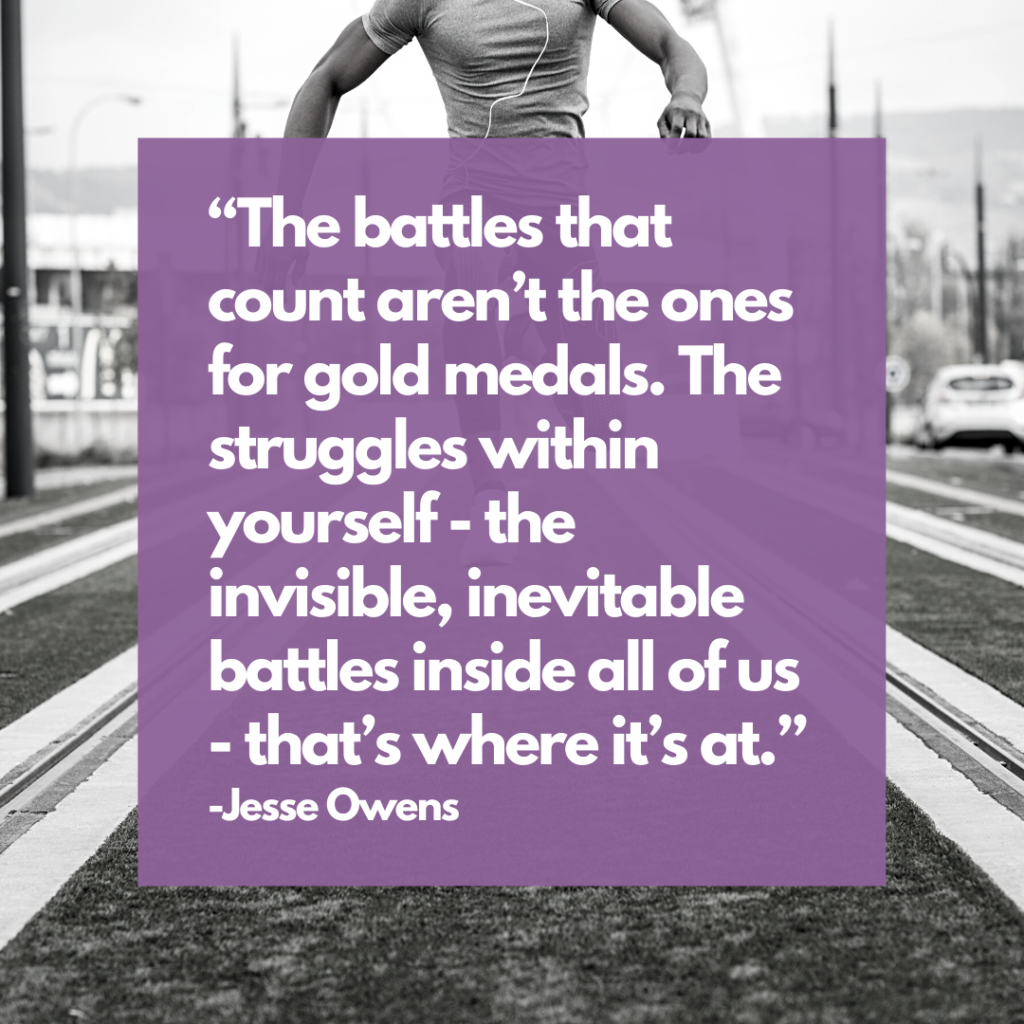In our last blog, we met Ashley – a senior manager at a fast-growing tech startup who’s dealing with an immature culture. Inside jokes, partying, and aggressive behavior from the dev team is affecting the entire company. Morale is low and internal conflicts are on the rise. Let’s follow Ashley’s story as she gets to work on the problem.
It’s time to address Maturity at her company, and it’s not something Ashley can just write in a memo and implement. Maturity is foundational to every element of our Missing Link Culture Model, and it can’t just be legislated from the top. It has to be developed in each and every individual in the company. As Maturity develops, it will start to be expressed in communication and performance at every level. But where can Ashley start? What really makes a difference in a company’s Maturity? It all comes down to the individual.

How do you Create Maturity?
Maturity is created by tapping into the driver of Growth to develop self-acceptance, self-awareness, and self-accountability – what we refer to as “missing links,” within and between the people in your organization.
If any one of those links is missing, you’ll feel your own immaturity bubbling up in every tough conversation. Without self-acceptance, you’ll grow defensive quickly, either by getting hostile, or by becoming a doormat. Without self-awareness, you won’t truly understand your own reactions to other people, and you’ll feel out of control of your own behavior. And without self-accountability, you might just keep repeating the same dysfunctional pattern of getting in your own way.
But when you focus on growing all three, they interact to create a human who is introspective, humble, and accountable: the essence of Maturity.
Let’s break down each of the three missing links to see how it really works when the rubber meets the road inside an organization.
Self-Acceptance
Self-acceptance means that you choose to accept yourself, with all your flaws and imperfections, as well as all your strengths and talents. When you choose to accept yourself, it makes it easier for you to see those flaws, imperfections, strengths, and talents, increasing your self-awareness. How you feel about the gap between who you are today and who you want to be drives your level of self-acceptance. The joking, excessive partying and arrogant behavior Ashley is seeing with the tech bros at her startup are all typical ways that people with a lack of self-acceptance try to cope.
When individuals in an organization have high self-acceptance, the nature of their interactions is mature. Working in an organization yields all kinds of stressors such as balancing workload, making strategic decisions, and working with different types of people. But how people cope with those stressors makes all the difference in how the culture emerges. If people do not feel good about themselves at work, they will subconsciously interpret what’s happening around them as threats. A looming deadline threatens to reveal incompetence. A co-worker’s tendency to gossip threatens one’s sense of likability. Or being left out of meetings can threaten one’s sense of importance.
But when individuals have a high degree of self-acceptance, they are less likely to internalize what is happening around them as evidence of their own inadequacies. Instead, they will be more effective at assessing the situation. And because they feel good with themselves – even with their flaws and imperfections -they’ll be able to better understand how their flaws and imperfections are contributing and be able to make adjustments to be more effective.
Self-Awareness
Not only do higher levels of self-acceptance accelerate growth and create mature interactions, but they also facilitate higher levels of self-awareness. When you are ok with yourself as you are, with all your flaws and imperfections, it’s easier for you to see yourself as you truly are.
As you become more self-aware, you recognize that you have so many more choices in terms of how you want to behave and show up in the world. You’re more self-aware of your own choices, and you’re more willing to be fully responsible for those choices. You’re also empowered to make the choices that you want to make in order to create more of the life you want for yourself and those around you.
We define Self-Awareness as the ability to see yourself as you really are, fully acknowledge your own experience, and recognize your impact on others. All humans suffer from self-deception (the opposite of self-awareness). There are things about yourself that you do not let yourself know, such as convincing yourself that health is important to you, while eating fast food five times each week and exercising once per quarter. Or you may deceive yourself into thinking that your co-worker is “such a jerk” for criticizing your project (“everybody thinks so, right??”), rather than recognizing that a fear is actually triggered in you (I fear Jane thinks I’m not good at my job because deep down I’m afraid I’m not good at my job). Self-awareness allows you to reduce self-deception and see yourself and the world more accurately.
Self-Accountability
We define self-accountability as taking full responsibility for the choices you have made to co-create every situation as well as the ownership of how you will contribute to creating what you want. It’s the opposite of the shame and blame game. Self-accountability is the final link we discuss in the Maturity strand, because it is dependent on the other two. For you to be accountable for your choices, you have to be aware of the choices you have made. To be aware of the choices you have made, you have to be self-accepting enough to let yourself see your choices. Once you are aware of the choices you are making, then you’ll be more empowered to make choices that are aligned with the direction you want to go.
The concept of self-accountability is critical because it invites you to look at all of your choices, conscious and subconscious, and align your choices with the outcomes you are seeking. Usually, the biggest thing holding us back is ourselves. If you don’t believe you have choice in a matter, not only will you give up trying to affect it, you will also relieve yourself of any accountability for the outcome. Having personal accountability and owning your contribution to a situation are critical components to understanding how you create the outcomes you get and can therefore change them.
Believing that you can grow and develop is a key aspect of self-accountability, and it does not only apply to tangible skills like riding a bike or computer programming. Self-accountability also applies in the case of shifting elements of your “personality.” In his best-selling book, Personality Isn’t Permanent, Dr. Benjamin Hardy writes about his personal dislike of personality assessments. If you pair the results of a personality test with a fixed mindset, you’ll stop yourself from growing as a leader, a member of the team, and as a person.
Recognizing the ways that you are contributing to every situation that you’re a part of, through your action or inaction, will absolutely fuel your level of growth. Share on XWhere to Start
We invite you to dig deeper and learn how to create Maturity by growing self-acceptance, self-awareness, and self-accountability within yourself AND your organization. You can start today by joining our Insider Edge Platform, where you and your team can take advantage of microlearning video-based guidance.
Ready to take your leadership to the next level? Get your FREE copy of my eBook, Level Up: 3 Steps to Be a Better Leader. Click here to download!

